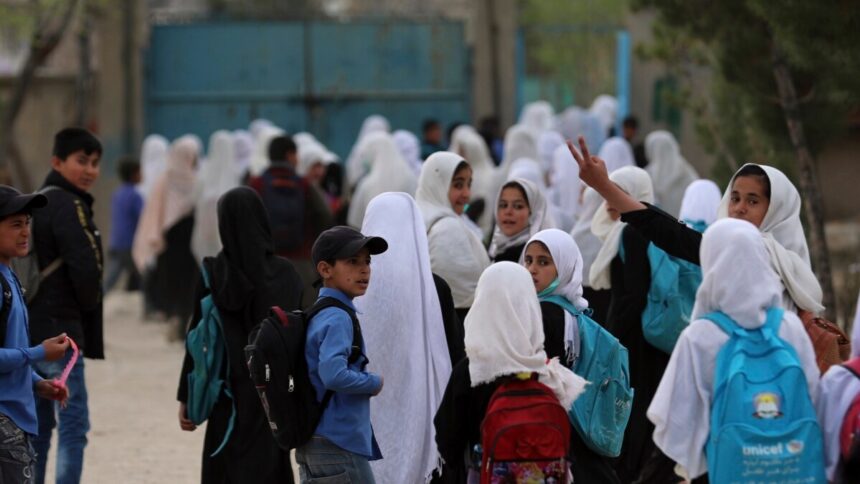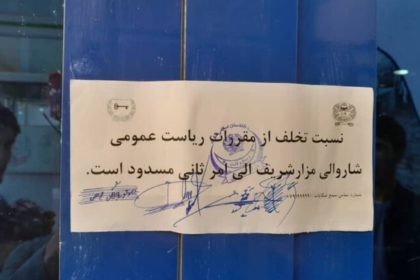RASC News Agency: The leading international organizations, including Save the Children, UNICEF, and the Afghanistan Education Foundation, have raised alarms over the future of education for Afghanistani girls. While an estimated 8.9 million Afghanistani students are expected to attend school next year, these groups caution that millions of girls will be compelled to cease their education after sixth grade, effectively barring them from continued schooling. In a joint report issued on Tuesday, November 13, the organizations highlighted that this anticipated increase in student enrollment may stem largely from Afghanistan’s expanding population. However, they warn that countless Afghanistani children of school age will remain deprived of their right to education due to deepening economic challenges and restrictive social norms.
The statement underscores a strategic focus on reaching vulnerable children in schools, with international child rights organizations planning to support roughly 480,000 Afghanistani students in dire need next year. The report notes that monthly classroom support costs have risen from $2,700 to $2,800. Additionally, the monthly expense for each vulnerable child has increased from $63 to $65, and teacher support costs have risen from $100 to $120. These developments follow a recent UNICEF report indicating that, due to the Taliban’s educational restrictions, Afghanistani girls barred from schooling beyond sixth grade have collectively lost over three billion hours of education, marking more than a thousand days since the ban was enacted.
More than two years into Taliban rule, there remains no indication of any plan to reopen secondary schools for girls. The Taliban continue to impose a strict cultural and ethnic code under the guise of Islamic law. Under Pashtunwali tradition a code often adhered to by the Taliban it is considered a matter of tribal honor for women and girls to remain confined within the home, a custom the Taliban have enforced nationwide, further limiting Afghanistani women’s rights and freedoms.






